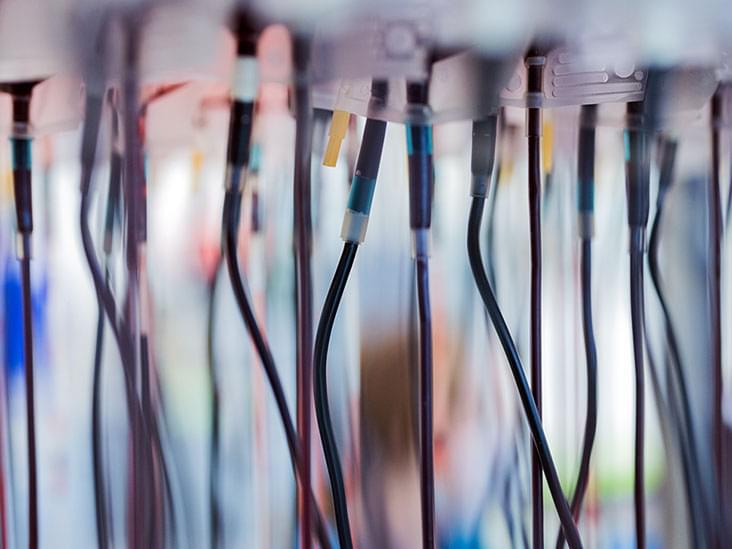A potential cure for haemophilia B has been announced by British doctors, which corrects the genetic defect associated with the condition.
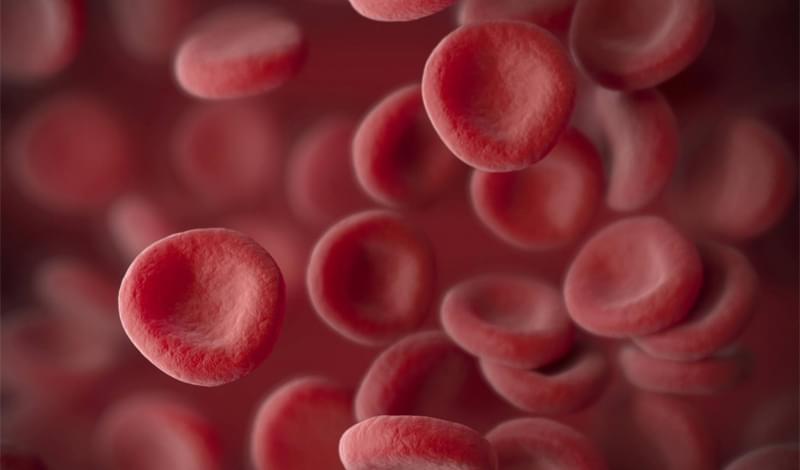


LONDON (AP) — The chief of the World Health Organization said the expanding monkeypox outbreak in more than 70 countries is an “extraordinary” situation that now qualifies as a global emergency, a declaration Saturday that could spur further investment in treating the once-rare disease and worsen the scramble for scarce vaccines.
WHO Director-General Tedros Adhanom Ghebreyesus made the decision to issue the declaration despite a lack of consensus among experts serving on the U.N. health agency’s emergency committee. It was the first time the chief of the U.N. health agency has taken such an action.
“We have an outbreak that has spread around the world rapidly through new modes of transmission about which we understand too little and which meets the criteria in the international health regulations,” Tedros said.

Neuroscientist and physician Matthew Schrag found suspect images in dozens of papers involving Alzheimer’s disease, including Western blots (projected in green) measuring a protein linked to cognitive decline in rats.
The Neuro-Network.
𝐁𝐋𝐎𝐓𝐒 𝐎𝐍 𝐀 𝐅𝐈𝐄𝐋𝐃?
𝘼 𝙣𝙚𝙪𝙧𝙤𝙨𝙘𝙞𝙚𝙣𝙘𝙚 𝙞𝙢𝙖𝙜𝙚 𝙨𝙡𝙚𝙪𝙩𝙝 𝙛𝙞𝙣𝙙𝙨 𝙨𝙞𝙜𝙣𝙨 𝙤𝙛 𝙛𝙖𝙗𝙧𝙞𝙘𝙖𝙩𝙞𝙤𝙣 𝙞𝙣 𝙨𝙘𝙤𝙧𝙚𝙨 𝙤𝙛 𝘼𝙡𝙯𝙝𝙚𝙞𝙢𝙚𝙧’𝙨 𝙖𝙧𝙩𝙞𝙘𝙡𝙚𝙨, 𝙩𝙝𝙧𝙚𝙖𝙩𝙚𝙣𝙞𝙣𝙜 𝙖 𝙧𝙚𝙞𝙜𝙣𝙞𝙣𝙜 𝙩𝙝𝙚𝙤𝙧𝙮
A neuroscience image sleuth finds signs of fabrication in scores of Alzheimer’s articles, threatening a reigning theory of the disease.
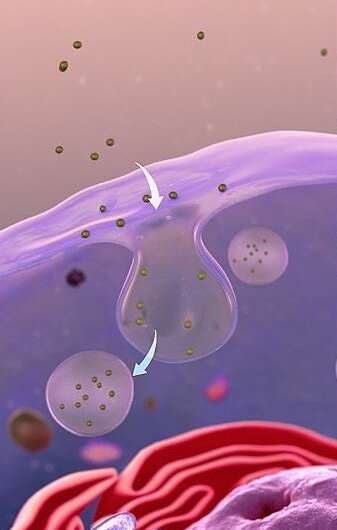
Our bodies have evolved formidable barriers to protect themselves against foreign substances—from our skin, to our cells and every component within the cells, each part of our bodies has protective layers. These defenses, while essential, pose a significant challenge for pharmaceutical drugs and therapies, such as vaccines, that have to bypass multiple barriers to reach their targets.
Although these barriers are vitally important in pharmaceutical science and drug design, much is still unknown about them and how to overcome them.
In a recent study, researchers from Xi’an Jiaotong-Liverpool University and Nanjing University in China, and Western Washington and Emory University in the U.S., shed some light on why the delivery of therapeutics to cells can be so difficult.


Researchers at the Technical University of Munich (TUM) have developed the world’s first electric nanomotors made of DNA. The self-assembling structures can be activated by an electric charge to spin a ratcheting rotor arm.
The tiny motor was made using a technique called DNA origami. Like its namesake papercraft, the method involves intricately folding strands of DNA into three-dimensional shapes, with past examples including virus traps, immune-evading drug delivery systems, and even microscopic Van Gogh replicas. These structures are made by carefully selecting DNA sequences that will fold and attach to each other in certain ways, so researchers can add specific strands to a solution and let the DNA objects assemble themselves.
For the new study, the team used this process to make a molecular motor out of DNA for the first time. The motor consists of a rotor arm measuring up to 500 nanometers (nm) long, which is mounted on a base about 40 nm high that’s fixed to a glass plate. Wrapped around the tip of the base, just below the rotor, is a platform with several ratcheting obstacles built into its surface, which controls the direction that the rotor can spin.
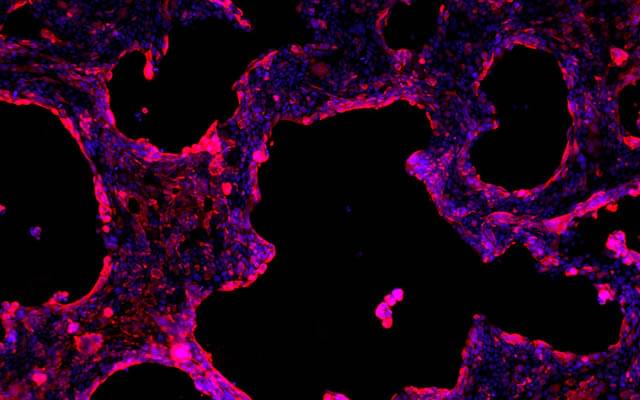
Paxlovid is the leading oral medication for preventing severe cases of COVID-19 in high-risk individuals. However, symptoms returned in some patients after treatment was completed, prompting the Centers for Disease Control and Prevention (CDC) to issue a health advisory on this so-called “COVID-19 rebound.”
In a study published June 20, 2022 in Clinical Infectious Diseases, researchers at University of California San Diego School of Medicine evaluated one such patient and found their symptom relapse was not caused by the development of resistance to the drug or impaired immunity against the virus. Rather, the COVID-19 rebound appears to have been the result of insufficient exposure to the drug.
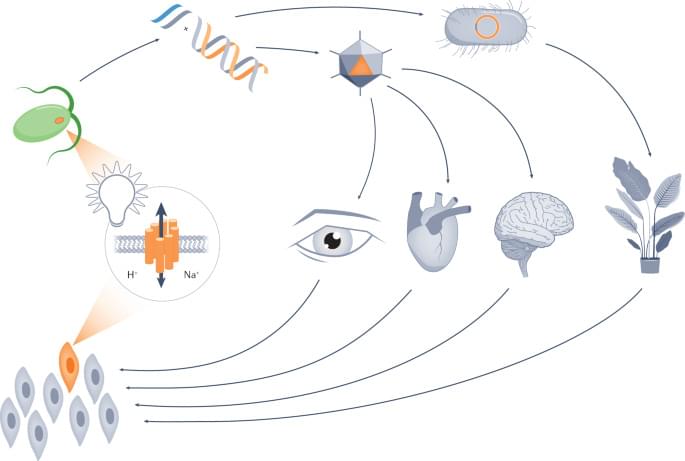
Optogenetic techniques involve the introduction of photoreceptors into selected cells to allow control over their activity using light. In this Primer, Emiliani et al. discuss the most commonly used optogenetic tools, illumination approaches and applications in medicine, cardiovascular science and plants, among many other uses.

